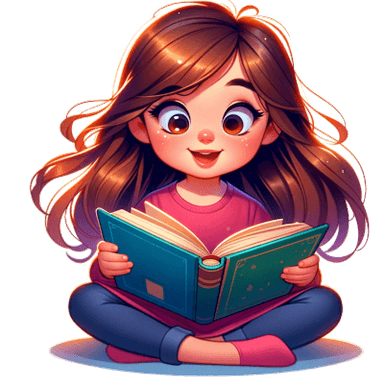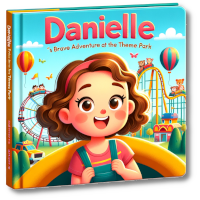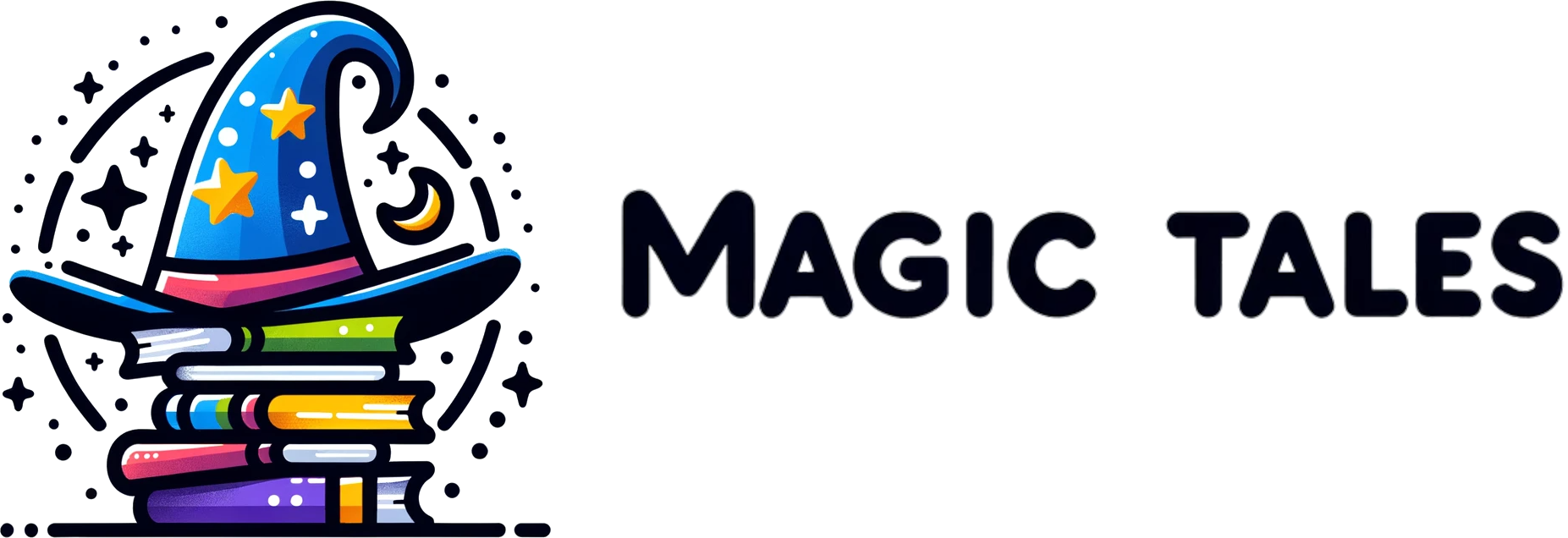Reading with children
a blog by Magic Tales

Buddy Tales: The Imperative Role of Best Friend narratives in Child Development
Narrative storytelling is a powerful tool that wields the magic to shape a child's mind, develop their personality, and impact their world perception profoundly. Among the diverse array of child-centric narratives, those revolving around the magical bond of 'best friends' play a crucial role when it comes to the cognitive and emotional growth of young minds. Let us look at some compelling reasons why reading about best friends is so important for our little ones.
The Charm of Companionship: Children’s narratives featuring best friends, portray a very relatable perspective to young minds about cooperation, understanding, and genuine care. As children read about the adventures and shared experiences of best friends, it provides them with a fertile ground to understand the essence of companionship, making them appreciate the value of fostering long-lasting bonds with their peers.
Conflict Resolution: Stories often introduce conflicts between best friends, followed by a process of reconciliation. Reading such narratives edifies children on the art of resolving arguments in cordial, non-combative ways. They learn that conflicts are an integral part of any non-trivial relationship and grow to comprehend the importance of forgiveness, compassion, and understanding.
Establishing Empathy: Stories centred around best friends often delve into the feelings, thoughts, and dilemmas of characters. When children get involved in these narratives, they instinctively place themselves in the shoes of these characters. This experience, in turn, fosters a sense of empathy – a life skill that goes a long way in shaping the emotional quotient of a child.
Celebrating Diversity: Books about best friends cultivating bonds regardless of their contrasting backgrounds, cultures, or inclinations, resonate deeply with young readers. They promote an appreciation of differences and are instrumental in instilling an open-minded perspective in children. They learn to respect diversity and perceive it as a strength rather than a weakness.
Modeling Communication: Friend-centric narratives provide useful insight into the dynamics of active conversation, helping children bolster their communication skills. While brimming with dialogues, these narratives teach children the nuances of effective communication - both verbal and non-verbal.
Best friends' narratives not only serve as entertaining reads but also as conduits for children to grasp the dynamics of healthy, meaningful relationships. They help children navigate the terrain of human relationships, helping them become considerate, compassionate, and confident individuals. So, next time your child reaches out for a storybook, make sure to include a dose of 'best friend' narratives in their reading list!
Want a personalized book to read with your child about Best Friend?
Takes as quickly as 30 seconds to create
Create a book about Best Friend

